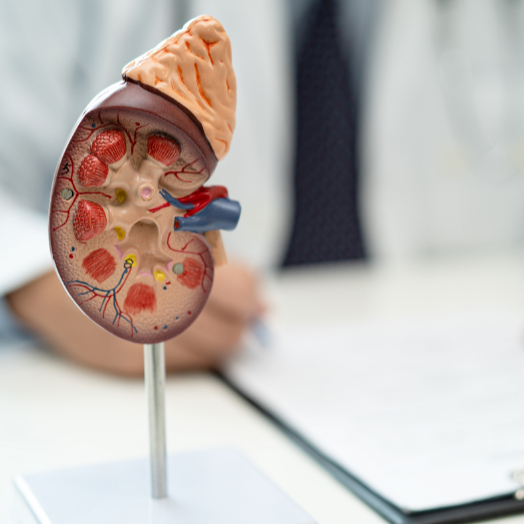
The most common cause of Addison's disease is an autoimmune reaction, in which the immune system attacks the adrenal glands and damages them. Other causes include infections, such as tuberculosis, or the use of certain medications.The symptoms of Addison's disease can vary but can include:
If left untreated, Addison's disease can be life-threatening, as it can lead to a condition called an Addisonian crisis, which is a sudden and severe drop in blood pressure, electrolyte imbalances, and low blood sugar.Diagnosis of Addison's disease typically involves blood tests to measure hormone levels and imaging studies of the adrenal glands. Treatment involves replacing the missing hormones with medications, such as hydrocortisone and fludrocortisone, to help regulate metabolism, stress response, and salt and water balance.